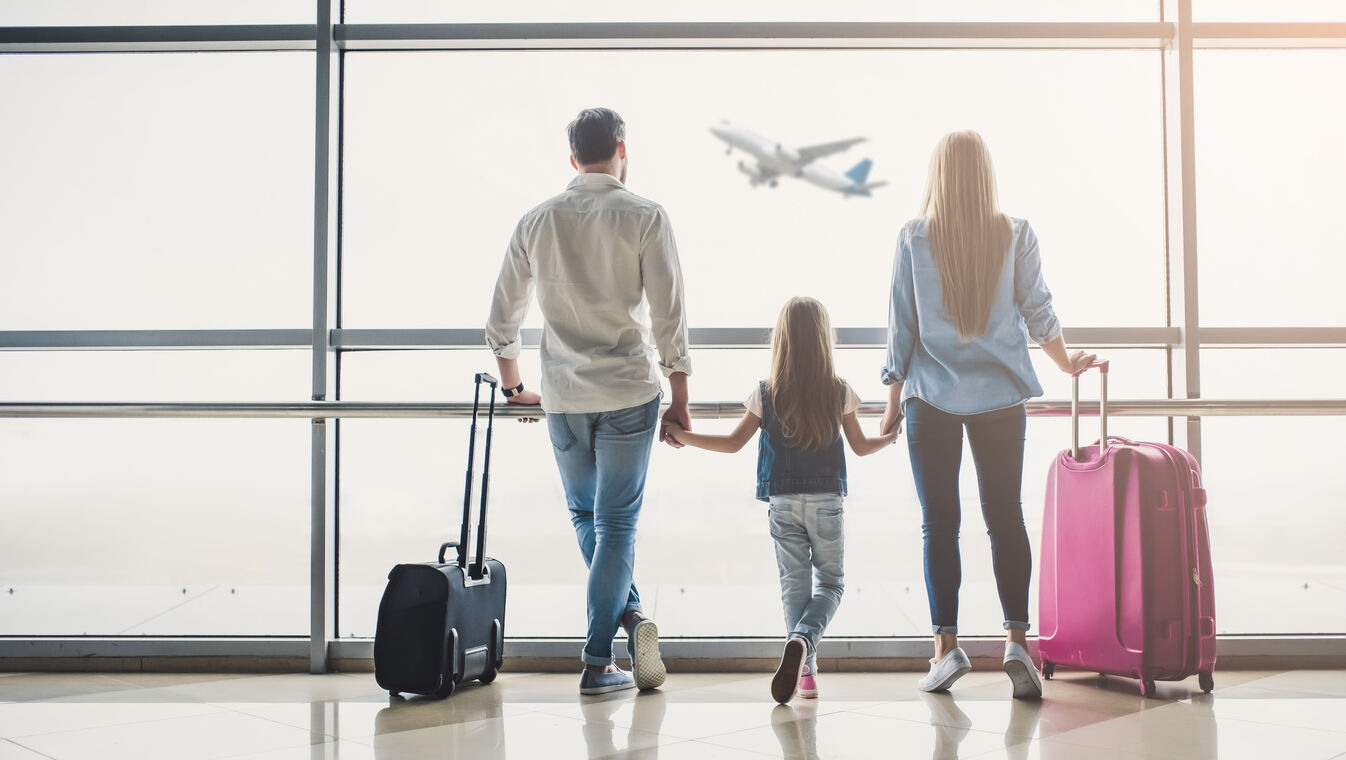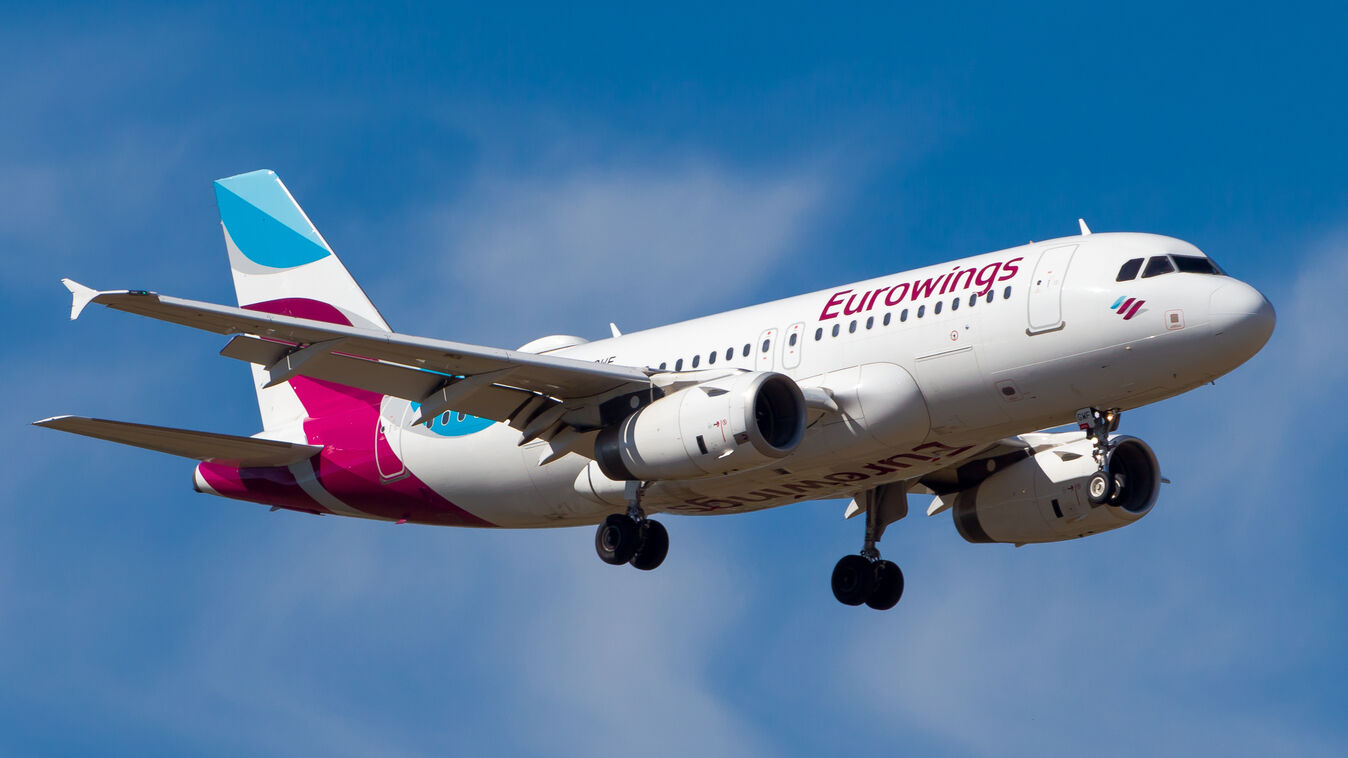In-flight connectivity: Staying connected in the air

In today's digitally connected world, the demand for seamless communication and internet access has transcended the boundaries of land, extending to the skies. In-flight connectivity has emerged as a game-changer, allowing passengers to stay connected, work, and be entertained while soaring at 30,000 feet. This article explores what in-flight connectivity is, its benefits, and the technologies that make it possible.
What is in-flight connectivity?
In-flight connectivity refers to the ability to access the internet and other communication services while onboard an aircraft. It enables passengers to connect their devices, such as smartphones, tablets, and laptops, to the internet and stay connected throughout the duration of their flight. Whether it's checking emails, streaming videos, or browsing social media, in-flight connectivity brings the digital world to the airplane cabin.
Technologies enabling in-flight connectivity
Several technologies work together to provide in-flight connectivity. The most common methods include:
Satellite Connectivity: Many airlines rely on satellite communication systems to establish a link between the aircraft and the ground. Satellites act as intermediaries, transmitting data between the aircraft and ground-based stations. This technology enables global coverage, allowing passengers to access the internet even during long-haul flights over oceans and remote areas.
Air-to-Ground (ATG) Connectivity: Some airlines employ air-to-ground networks that utilize ground-based cell towers to establish a connection with the aircraft. This technology is more common in domestic flights, as it requires proximity to the ground-based network infrastructure.
Benefits of in-flight connectivity
Productivity: In-flight connectivity has transformed air travel into valuable work time. Business travelers can respond to emails, collaborate on projects, and participate in virtual meetings while en route. This level of productivity helps optimize time and ensures a seamless transition between the office and the airplane.
Entertainment: In-flight connectivity allows passengers to stream movies, TV shows, and music directly to their personal devices. Passengers can enjoy a wide range of entertainment options, keeping themselves entertained throughout the flight.
Communication: Staying connected in the air enables passengers to communicate with their loved ones, whether through messaging apps, voice calls, or video calls. It helps alleviate the feeling of isolation during long flights and allows passengers to share their travel experiences in real-time.
Real-time information: In-flight connectivity provides passengers with access to real-time flight information, including updates on weather conditions, flight status, and arrival times. This information keeps passengers informed and allows them to make necessary arrangements or adjust their plans accordingly.
Challenges of in-flight connectivity
While in-flight connectivity offers numerous benefits, it also poses challenges for airlines. The foremost challenge is ensuring a stable and high-quality connection throughout the flight, considering factors such as speed, bandwidth limitations, and the number of connected passengers. Moreover, ensuring the security and privacy of passengers' data remains a top priority.
To overcome these challenges, ongoing advancements in satellite technology, network infrastructure, and aircraft equipment are being made. New satellite constellations with increased capacity and lower latency are being deployed, promising improved connectivity. Airlines are also investing in upgraded onboard equipment to provide faster and more reliable internet access.
In-flight connectivity has revolutionized air travel by keeping passengers connected, entertained, and productive during their journeys. Whether for work or leisure, the ability to access the internet and communicate in the air has become an essential expectation for modern travelers. As technology continues to advance, in-flight connectivity will evolve, offering even faster, more reliable, and immersive experiences, further enhancing the overall travel experience for passengers around the world.
Latest posts
Japan's Kansai Airport sets a remarkable precedent: Zero lost luggage
According to Forbes, Kansai Airport takes less than 15 minutes to transport luggage from the plane to the baggage claim.
Japan Airlines Boeing 787-9 dreamliner business class from Doha to Tokyo
This daily service caters to the growing demand for business and leisure travel between Doha and Asia.
Eurowings debuts direct flight from Cologne Bonn airport to Chişinău
Eurowings has launched a new flight route connecting Cologne Bonn Airport with Chişinău, Moldova.
About MYFLYRIGHT
MYFLYRIGHT is a legal tech company, specialized in the support of airline passengers affected by flight delays, flight cancellations, denied boarding, delayed or lost luggage and the refund of unused airline tickets. MYFLYRIGHT was founded 2016 in Hamburg, Germany. The company operates out of 3 offices, its headquarter in Hamburg and its branches in Prague, Czech Republic and Zaporizhia, Ukraine. Currently, MYFLYRIGHT employs a team of around 25 people working in Marketing, Operations, Legal, Customer Support and IT. The organization operates across 5 markets – Germany, United Kingdom, Romania, Austria, and Switzerland.
MYFLYRIGHT’s goal is to provide access to justice for all aviation passengers who experience irregularities in their flight transportation. Notably, 75% of all compensation requests submitted by passengers get rejected. Whereas, MYFLYRIGHT is able to successfully execute the applicable customer claims in more than 98% of cases at court.












